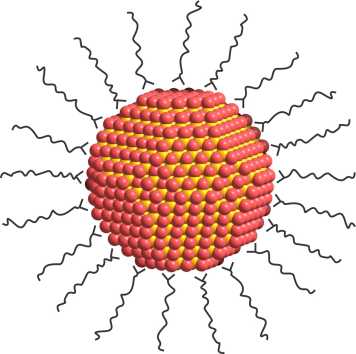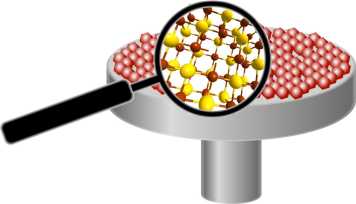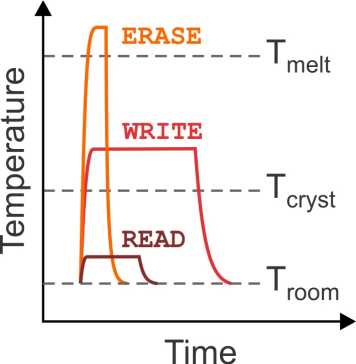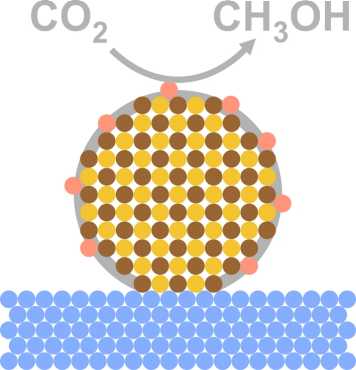Research Topics
Synthesis of Colloidal Nanoparticles

Colloidal nanoparticles have become a distinct class of materials, featuring a template-free morphology (long-term colloidal stability), easy preparation techniques, size- and shape-dependent properties. While research has been so far focused on binary semiconductors and single-component metallic nanoparticles (CdSe, InP, PbS, Au, Pt, etc.), synthetic approaches of more complex nanoparticle compositions are lacking. Our research aims to develop complex colloidal nanoparticles, focusing on multicomponent semiconductors and intermetallic compositions.
Structure of Novel Nanomaterials

Structural and compositional complexity is a key for large variety of applications, including phase-change memory, catalysis, thermoelectrics, photovoltaics, shape-memory and magnetic alloys, etc. Nanoscale dimension of multicomponent materials brings additional tuning parameters, such as size, shape, and surface engineering. We aim to study structural properties of novel nanoparticles, eventually providing an optimal match to a specific use.
Memory Applications

Phase change memory (PCM) is a new non-volatile memory technology on market, which is faster, more durable, and unique with respect to traditional silicon-based devices. However, there are open challenges for PCM technology, such as large power consumption and high price of PCM devices, which stem from large dimensions of memory cells and from the use of material-inefficient sputtering and etching fabrication steps for the expensive PCM layer. We address these open challenges by developing liquid-phase synthetic approaches for the PCM nanoparticles and ink formulations. With the possibility to provide a size control and composition diversity for colloidal PCM nanoparticles, we will bring new insights on size-dependent phase transitions and high-temperature structural dynamics, enable new device configurations and energy-efficient fabrication and operation of PCM arrays.
Catalytic Applications

Heterogeneous catalysis is to thank for many efficient reactions in liquid and gaseous state. By lowering the energetic barrier of reaction and increasing the reaction rate, heterogeneous catalysis makes it possible to efficiently perform a nitrogen fixation, (de)hydrogenation, selective oxidation, cross-coupling and other processes. Small clusters or nanoparticles on various oxide supports are among the most efficient catalyst systems, due to large specific surface of catalysts and structure robustness. We prepare novel bimetallic nanoparticles with accurate size and composition uniformity as highly-selective catalysts for various catalytic reaction.